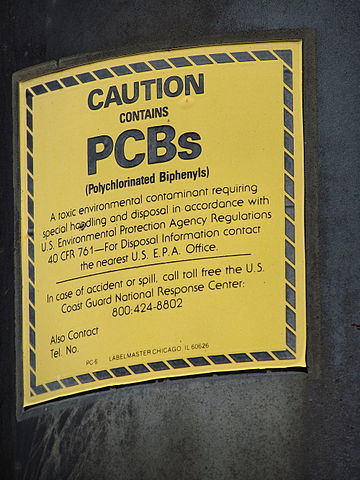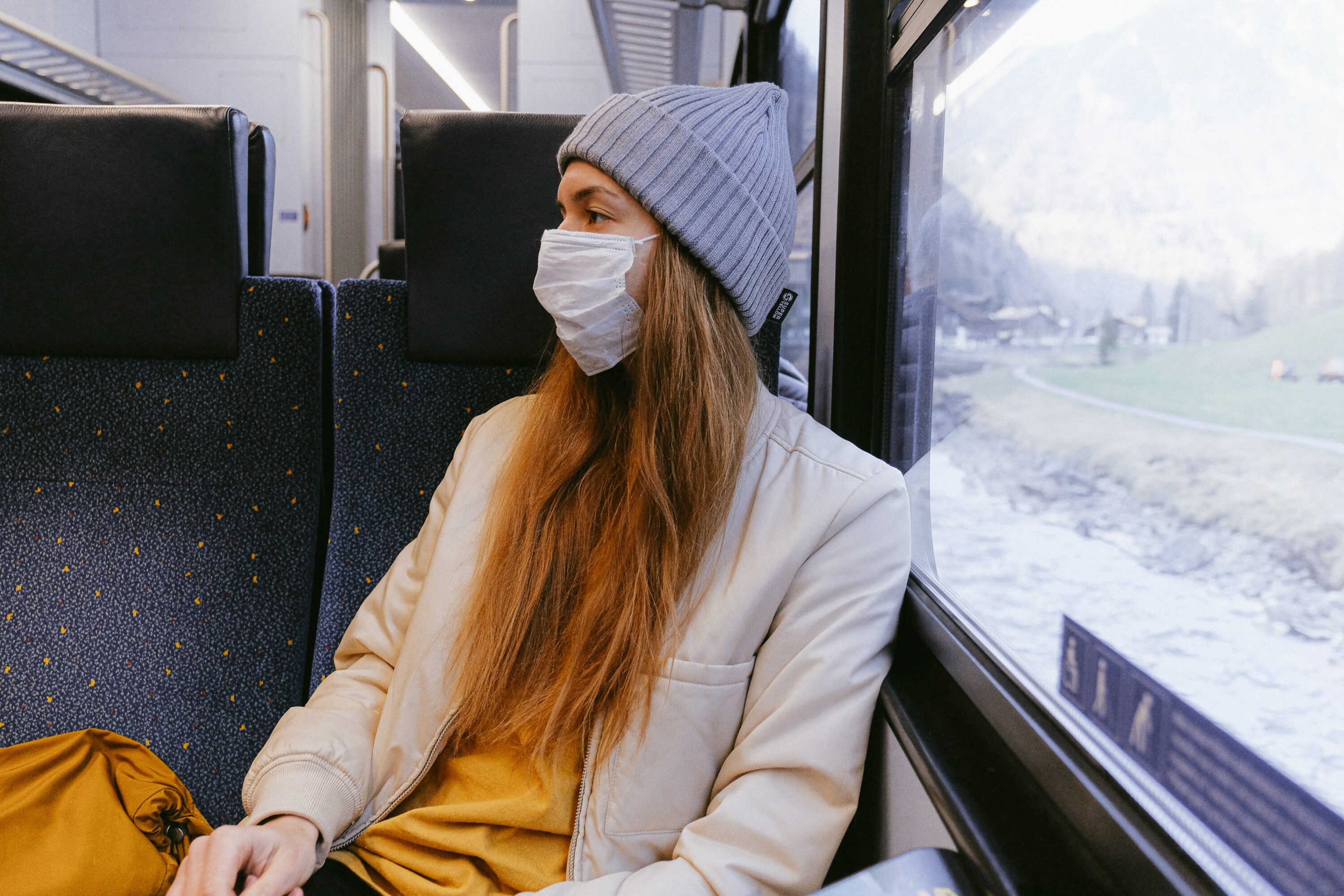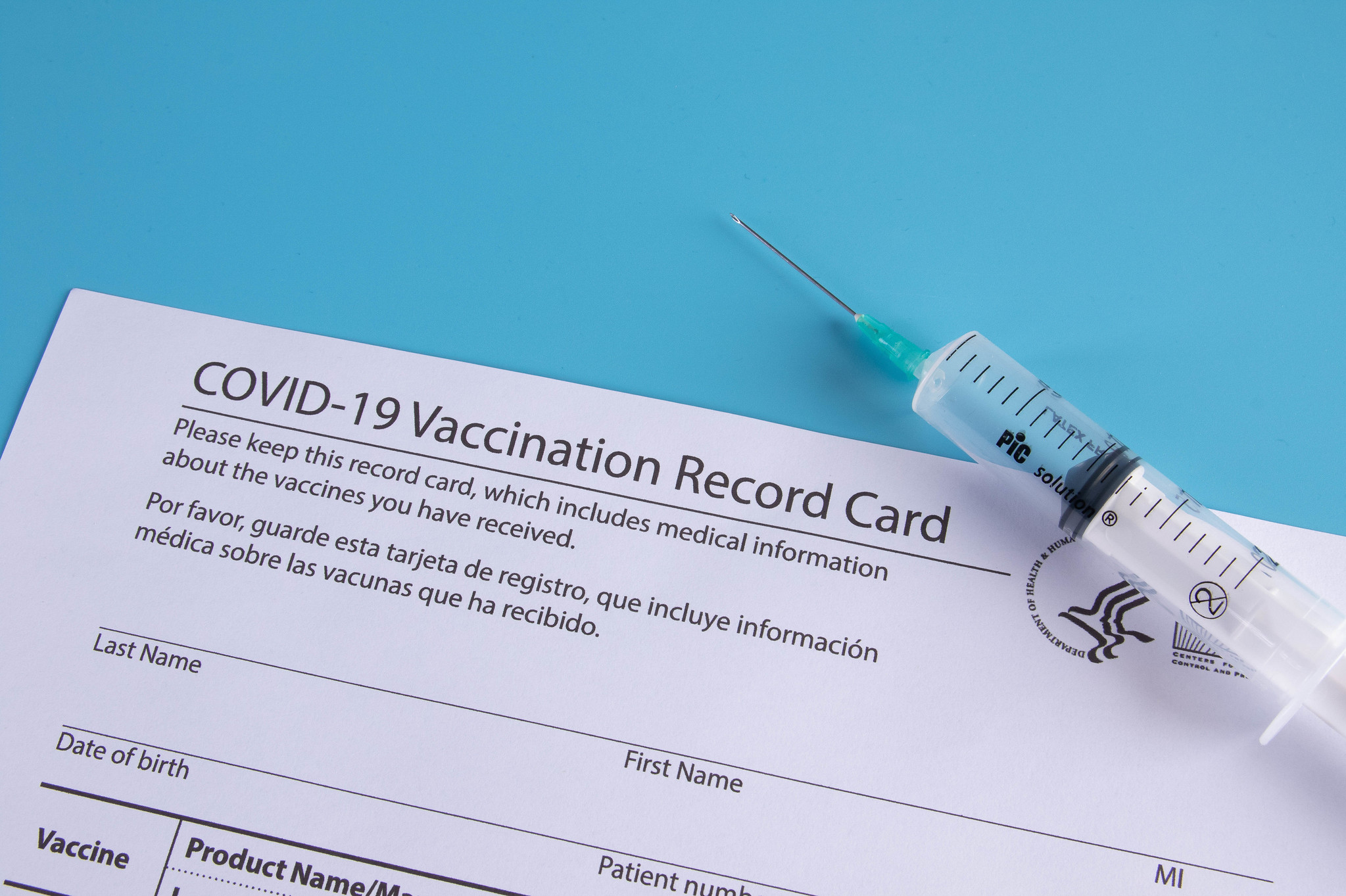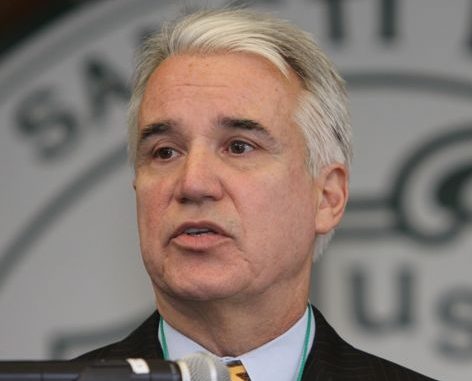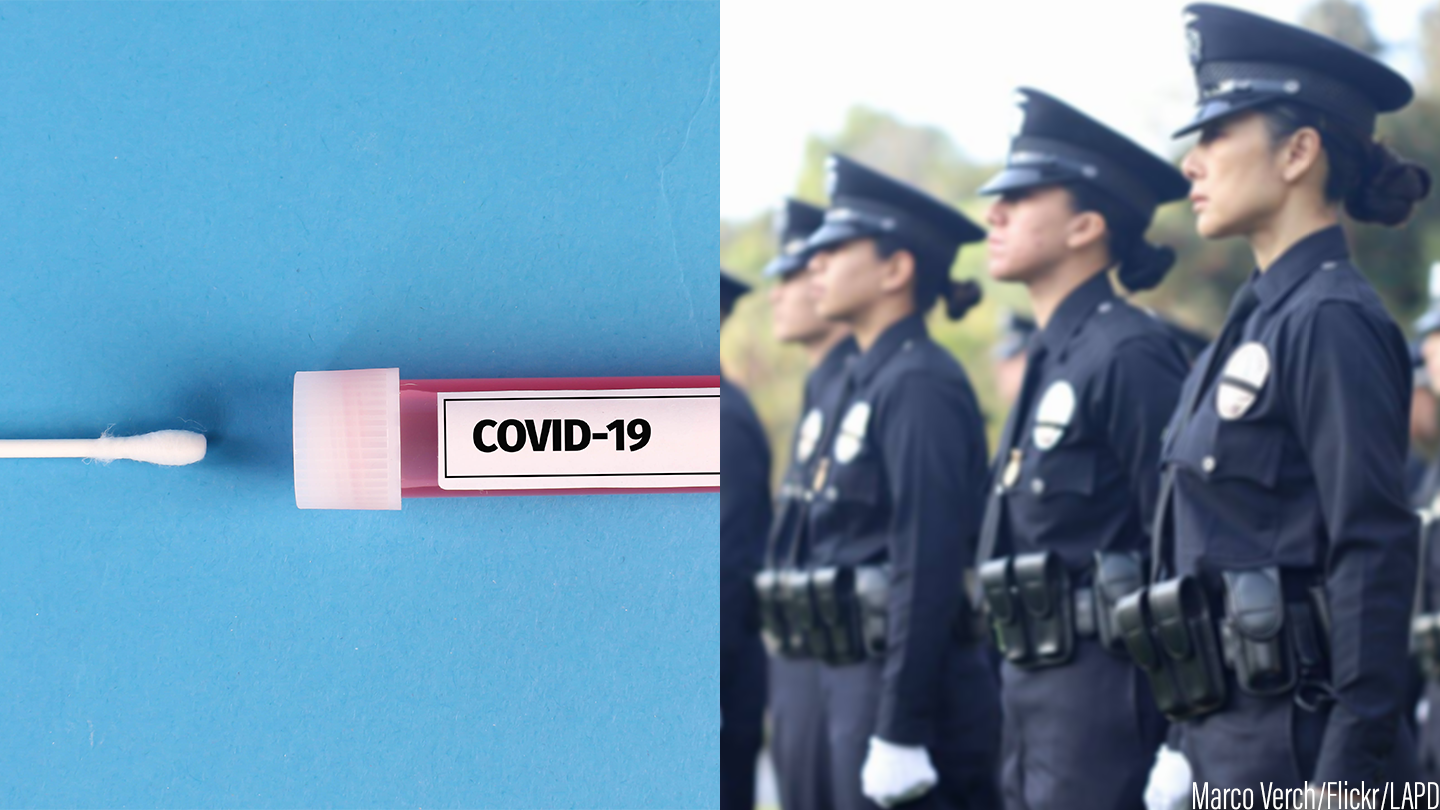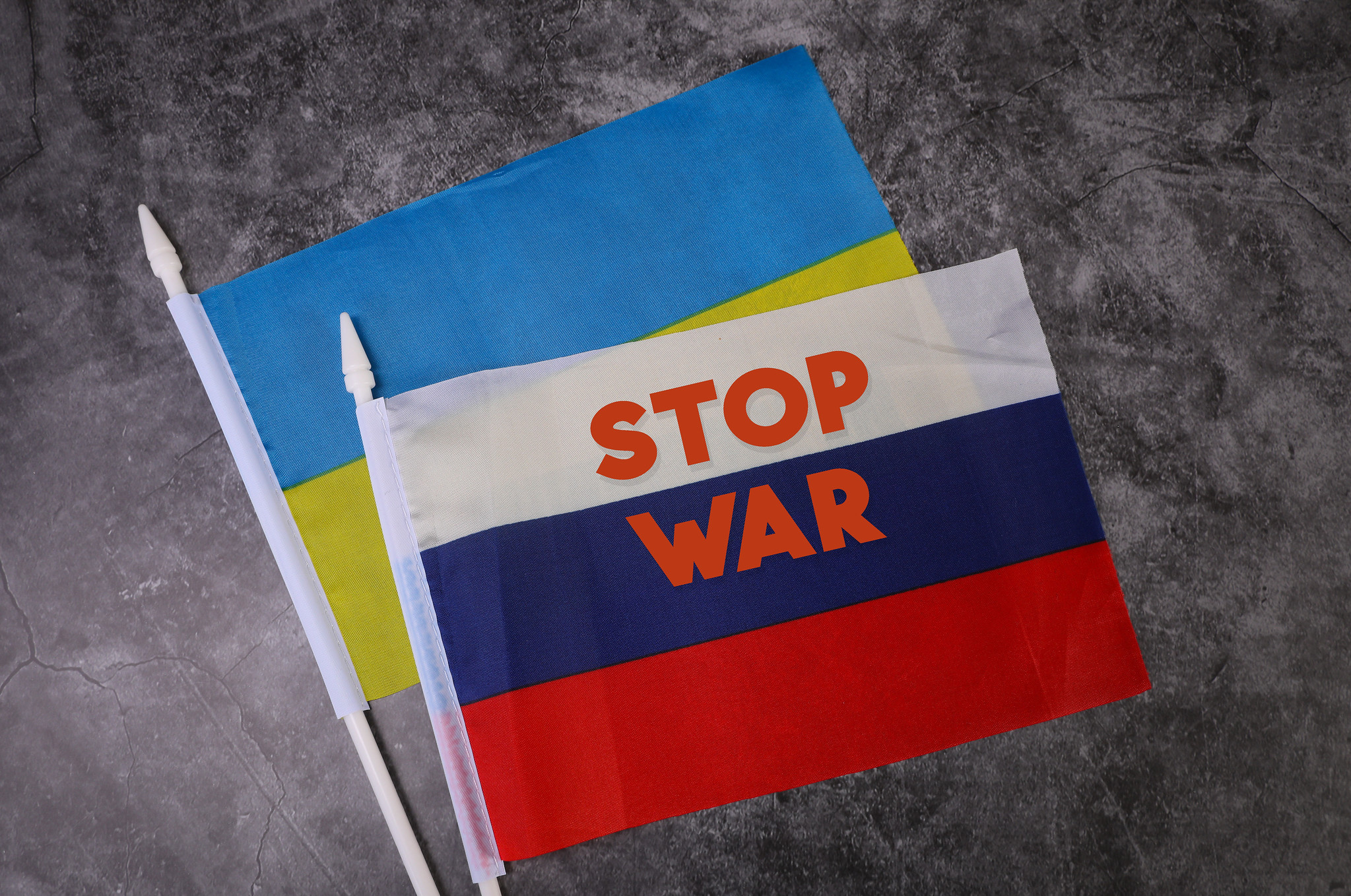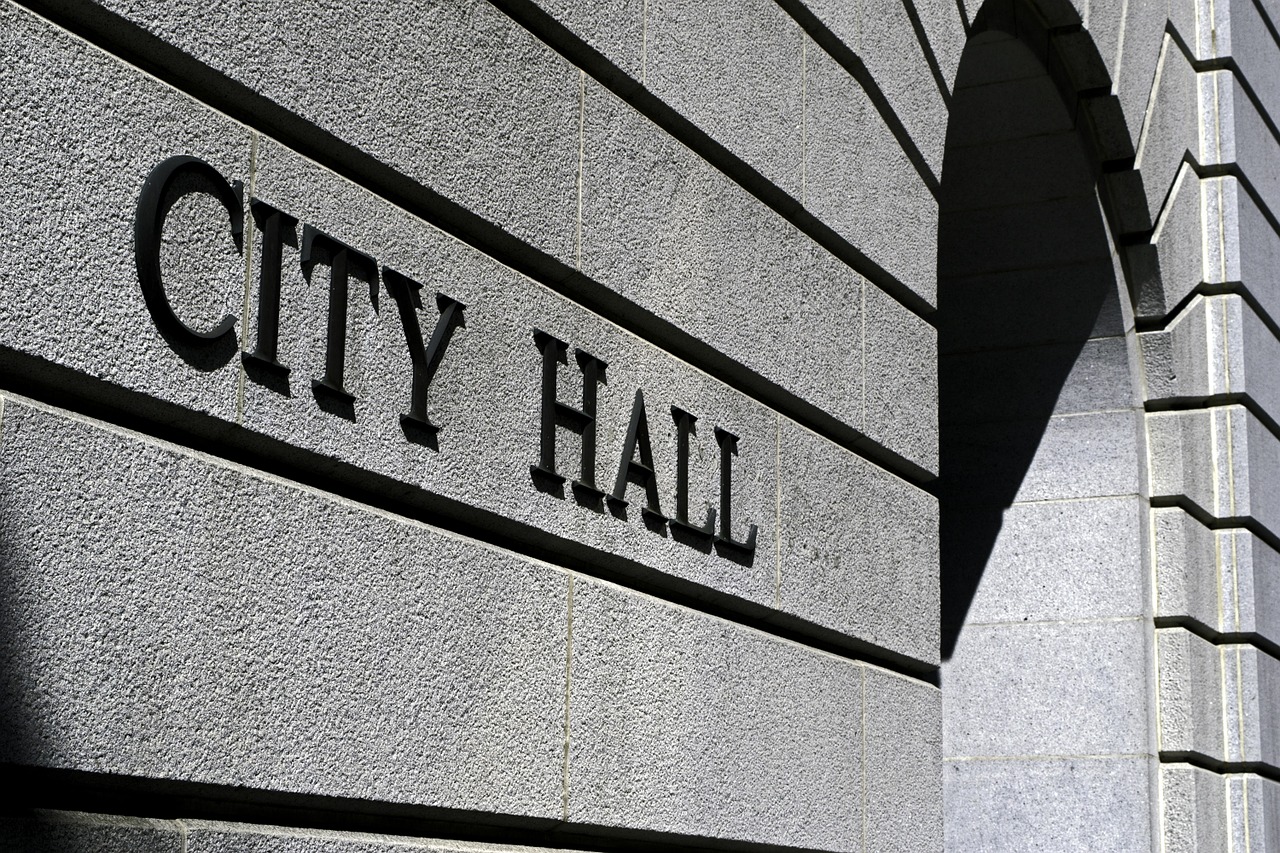Los Angeles City Attorney Mike Feuer Monday announced a lawsuit accusing the agricultural, chemical and biotechnology company Monsanto of polluting the city’s waterways with a carcinogen it allegedly knew would cause long-lasting contamination.
The lawsuit was filed Friday against three companies that Monsanto spun off into acquisitions and consolidations in the 1990s — Monsanto Co., now owned by Bayer; Solutia Inc., now owned by Eastman Chemical Co.; and Pharmacia, now owned by Pfizer.
Media representatives for the companies did not immediately respond to City News Service with responses to the lawsuit.
The lawsuit alleges that Monsanto polluted the city’s waterways with polychlorinated biphenyls (PCBs), which it used from 1935 to just before 1979 — when PCBs were banned by the U.S. Environmental Protection Agency — in paint, ink, paper products, fireproofing products, hydraulic fluids and industrial equipment. About 99% or more of all PCBs used and sold within the U.S. between 1929 and 1977 were manufactured by Monsanto, according to the City Attorney’s Office.
The chemical, which does not easily break down, continues to drain into the Los Angeles Harbor, Dominguez Channel, Echo Park Lake, Machado Lake, Marina Del Rey and Santa Monica Bay through the city’s stormwater and wastewater systems, the city attorney’s office said.
“It’s time for Monsanto to clean up and pay up,” said Feuer. “The health and environmental impacts of PCBs — impacts the city has been working hard to reduce in waters throughout L.A. — are just jaw dropping. We allege Monsanto knew decades ago that PCBs are toxic and inevitably would cause widespread contamination. It’s infuriating that Monsanto continued to manufacture and sell them — and, we allege, deceive the public about them.”
The lawsuit alleges that PCB exposure can lead to cancer; liver, thyroid and ocular changes; neurodevelopmental and behavioral changes; and reduced birth weight. Short-term health impacts include irritation of the skin, eyes and throat; difficulties breathing; nausea and vomiting; weight loss; and stomach pain.
Monsanto allegedly told employees in the 1950s not to eat lunch in the PCB department and allegedly knew it caused unreasonable harm to humans, animals and the environment, according to the city attorney’s office, which added that Monsanto for decades spread misinformation to prolong the use, manufacture and sale of PCBs.
Feuer also alleges that Monsanto didn’t tell the city or the public about the hazards posed by PCBs or that its presence in products would lead to contamination of the city’s stormwater and wastewater systems, surface waters, sediments, soils, air, fish and other resources.
The city’s lawsuit is seeking repayment of the city’s cost to address PCB contamination and to require Monsanto to abate the public nuisance until the PCBs stop posing a threat to public health and the environment. Los Angeles has worked to mitigate the risk through cleanups, monitoring water and using filters to capture PCBs in stormwater.

